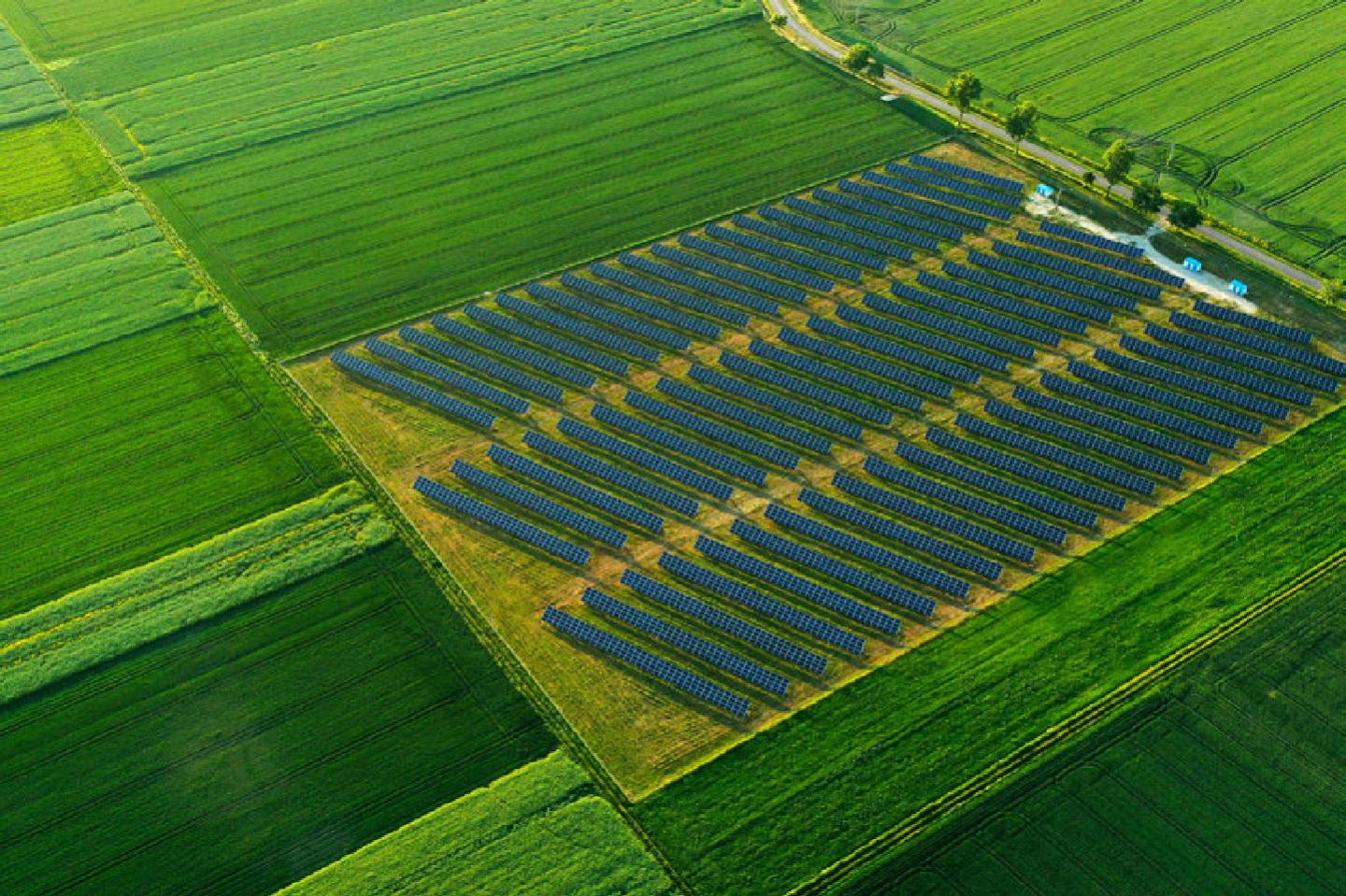

Capgemini, global technology transformation company is hosting its World Energy Markets Observatory Industry Panel Series nationally this month, with the Perth event scheduled for Monday, November 28 from 4pm to 6pm at the company’s CBD headquarters in William Street.
It’s an opportunity for those working in the field to speak to industry experts, energy company chiefs and Capgemini’s own global and local experts and is convened on the back of the release of its 2022 World Energy Markets Observatory report (WEMO).
Now in its twenty fourth year, WEMO is an annual thought leadership and research publication for the energy sector, tracking the development and transformation of both gas and electricity markets across Europe, North America and in recent years also Australia, Southeast Asia, India and China.
One of its authors, Nicole Alley - Vice President and Sector Lead, Energy, Utilities and Chemicals for Capgemini Australia and NZ, says in 2022, one of WEMO’s main focuses has been tracking the triggers and effects of different energy crises like the Russian war with Ukraine, the local supply and price challenges leading to the suspension of the national electricity market and the ongoing impact of the COVID-19 pandemic.
“The report has dedicated content on climate impacts and energy transition progress including on the oil and gas industry’s shift from fossil fuels to low carbon options, with commentary on those companies’ journeys to becoming utilities,” she says.
“As part of our panel series we'll discuss key findings, what they mean for businesses, for the market and recommendations for action going forward. We look forward to engaging with the energy community on this significant piece of research,” she says.
Ms Alley says striking the balance between affordable energy, maintaining supply security and minimising the impact of climate change is a huge challenge and based on the research, she believes is dependent on six key factors; vision, consistency in policy to drive investment, storage to deal with intermittent renewables and the exit of fossil fuels, transmission and distribution infrastructure investment to enhance grid resiliency, technological advances in new and existing areas and energy sobriety.
“There is significant planned transmission infrastructure investment in Australia for example, for which careful sequencing and planning is needed to ensure we can deliver the scale of new projects in the timing needed,” she says.
“Technology advances are critical and offer an exciting field of opportunity for solving the net zero and energy transition challenges facing us; areas such as carbon capture and storage, which has been slow in Australia but has growing support, combined with blue hydrogen.
“Others like offshore wind, floating solar, turbine recycling and AI to monitor and improve outputs, as well as wave and tidal energy which is too expensive today but shows potential in Australia.
“It’s my view that Governments should invest more in these areas, from basic research to technologies’ deployment, but also in education and scientific training, which are the pillars of success.
“The topic of energy sobriety is gaining traction in Europe with EU governments agreeing to target reducing energy consumption by 15 percent by March next year in response to the Russian gas crisis, a very interesting approach using mandates to reduce consumption.
“This would likely be unpopular if introduced in Australia - the UK rejected the approach- however one that shows collaborative action.”
While Australia is progressing well against its emissions reductions goals and is expected to surpass its 2030 emissions reduction target of 26 to 28 per cent below 2005 levels, by four to nine percent, there is a long way to go against the new target of 43% reduction below 2005 levels announced as part of the Government’s Climate Change Bill in July.
Since 2018, Australia's forecast position against the 2030 target has improved by 843 Mt CO₂-e, which is equivalent to removing 14.9 million passenger vehicles from the road for more than 19 years.
This long-term decline in CO2 emissions is due to the ongoing shift in the generation of electricity away from coal and towards renewable fuel sources, as well as decreasing emissions in the land sector.
Against these downward forces, the long-term growth of emissions from transport activity and the expansion of LNG exports have placed upward pressure on the figures.
“We are yet to see a declining trajectory over the medium and longer term - 2023 to 2030 shows a static forecast - so I’m excited to see what happens as a result of the new emissions reductions legislation.
“It’s great to see we have legislation that will hopefully drive change, but legislation alone won’t solve it. We need policy certainty, which drives investment so that real change is achievable,” she says.
Ms Alley says the national WEMO panel discussions will also take place against a backdrop of questions around the role of government in energy systems after a period of unprecedented Government intervention since deregulation on Australia’s east coast.
“The question of what is the role of government in our energy eco-system and the reactions from different sectors to various announcements by State Governments, throws light on the fact that there is not one right answer, it is a matter of getting the balance right,” she says.
“There's obviously a need for Government to play a critical role in the energy eco-system as an essential service to prevent energy poverty, but there’s also the free market challenge of how do we best drive innovation? Collaboration is key.”
To register your interest in attending a panel discussion click on the link below.
https://go.capgeminigroup.com/wemoAustralia








